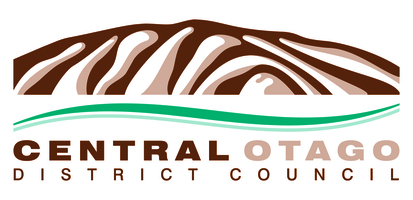The Budget’s impact on businesses and Kiwisaver in Central
Anna Robb
29 May 2025, 6:00 PM
 Central Financial Planning director Brent Wilson with Minister of Finance Nicola Willis at Mindz in Action conference in Dunedin that Business South hosted on May 2. Photo: The Central App
Central Financial Planning director Brent Wilson with Minister of Finance Nicola Willis at Mindz in Action conference in Dunedin that Business South hosted on May 2. Photo: The Central AppBudget 2025 ‘The growth budget’ has been out for more than a week and people are asking what’s in it for me, and what do I need to know?
The Central App has several trusted advisors and regular contributors from a wide range of sectors and services, including employment, insurance, property, finance and law, who we’ve approached for their take on the announcements.
In this article retirement and business are the topics covered, and the other sectors will follow in the coming days.
Central Financial Planning (CFP) director Brent Wilson said changes to KiwiSaver, aimed at boosting long-term retirement savings, present both opportunities and challenges.
“Now more than ever, it’s essential to understand how the rules affect you, your ideal future, and your finances.”
Contribution increases will increase in a phased way - from April 1, 2026 it’s up to 3.5 per cent for employees and employers and then in April 2028 it’s up to 4 percent. Employees can opt to temporarily stay at 3 per cent, but then it’s the same for their employer too.
Government contributions will be halved starting July 1 (from $521 to $261 per year).
Brent said the reduction may also disproportionately affect lower- to middle-income savers, who benefit most from the relative boost it provides.
“For employers and small businesses, the phased increases in compulsory contributions may present budgetary challenges, especially in tighter economic
environments. We recommend business owners factor these changes into their long-term payroll and cashflow planning early.”
Younger workers (ages 16 and 17) will be eligible for both government contributions from July 2025 and employer contributions from April 2026.
Brent said this was an “encouraging shift” that “gives young people a genuine head start — not just in financial contributions, but in cultivating good saving habits early.”
Checketts McKay Law director Fraser Sinclair said the main positive aspect for business was the announcement of the Investment Boost initiative, which is a tax incentive for businesses to invest in productive assets.
“The government is anticipating that this will incentivise businesses to invest in productive assets like machinery, tools, and equipment.
“The announcement indicated that they expect this incentive to lift gross domestic product (GDP) by one per cent and wages by 1.5 per cent over the next 20 years, with half of those gains in the next five years.”
With Investment Boost, businesses can deduct 20 per cent of a new asset’s value from that year’s taxable income, on top of normal depreciation.
Because the cashflow from investments improves, more investment opportunities become financially viable and therefore more take place.
If you’re a farmer or a business about to buy a new asset such as a tractor or vehicle, talk to your accountant - you’ll be able to offset 20 per cent of the purchase price when it comes to paying your tax bill at the end of the year.
Have a story to share?
Contact [email protected]
NEWS
JOBS








